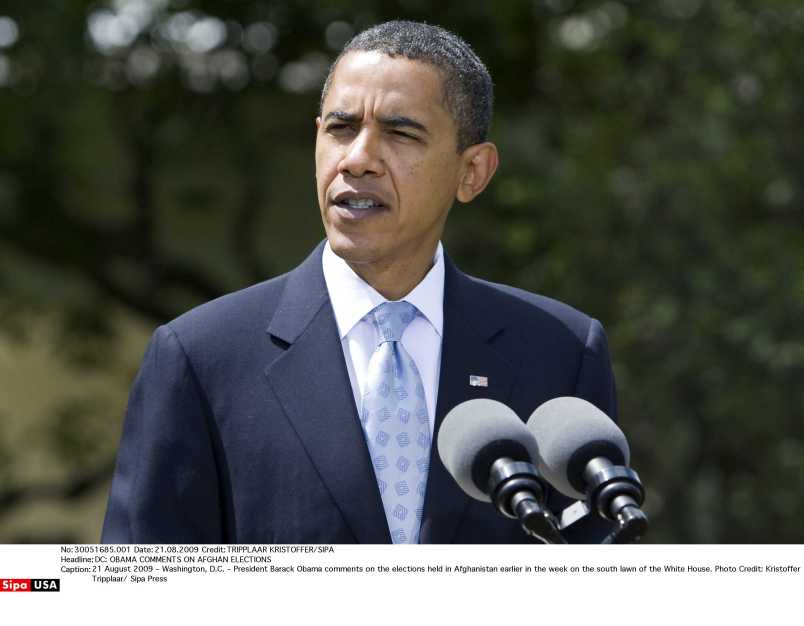As predicted, August did not go quietly. But after a month of wild-eyed freak outs over death panels, and death books, and death wishes, and death threats, how much has the state of public opinion on health care really changed?
The answer probably depends on how you look at it: too much if you support reform, too little if you oppose it. Given just how raucous the last several weeks have been though–relative to over-the-top rhetoric comparing Obama to Hitler and health care reform to Nazism–the real change has been surprisingly modest.
According to a series of Rasmussen polls taken from early July through last week, public support for Democratic health care reform has fallen about eight points overall, with most of the drop occurring after the town hall disruptions began. Rasmussen currently finds public support for the initiative at 43 percent, and stabilized.
Though different polls vary as to the overall level of public support for health care reform, and Obama’s handling of the issue, many indicate a similar drop over the course of the last several weeks.
On the specific question of the public option, the data is a bit muddled. Asked two weeks ago “Would you favor or oppose creating a public health care plan administered by the federal government that would compete directly with private health insurance companies?” only 43 percent of respondents to an NBC/Wall Street Journal poll said ‘yes’, while 47 said no. In July, the split on the same question was 46-44.
But phrase the question differently–is it important “to give people a choice of both a public plan administered by the federal government and a private plan for their health insurance?”–the numbers are wildly different. According to SurveyUSA, 77 percent of respondents to that question said “extremely important” or “quite important.”
None of this is to suggest that Obama and Congressional leaders have an easy job ahead of them. Overall support is clearly lower than Democratic leaders would like, and much of the loss in support appears to have come from the independent voters that vulnerable Dems might need if they’re to be re-elected in 2010. But still, the reality doesn’t map at all on to the news coverage, which made it seem as if health care reform was under siege.











